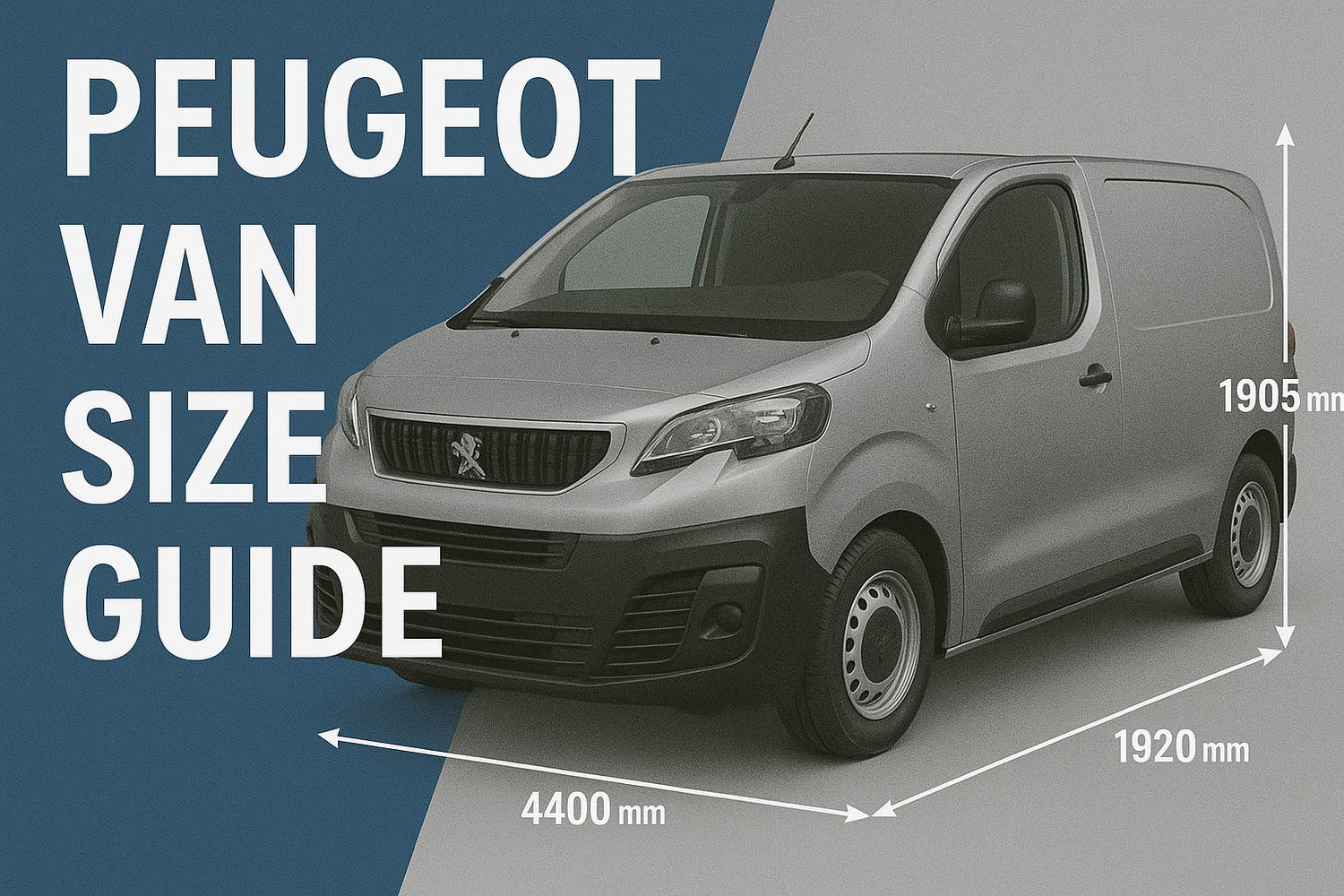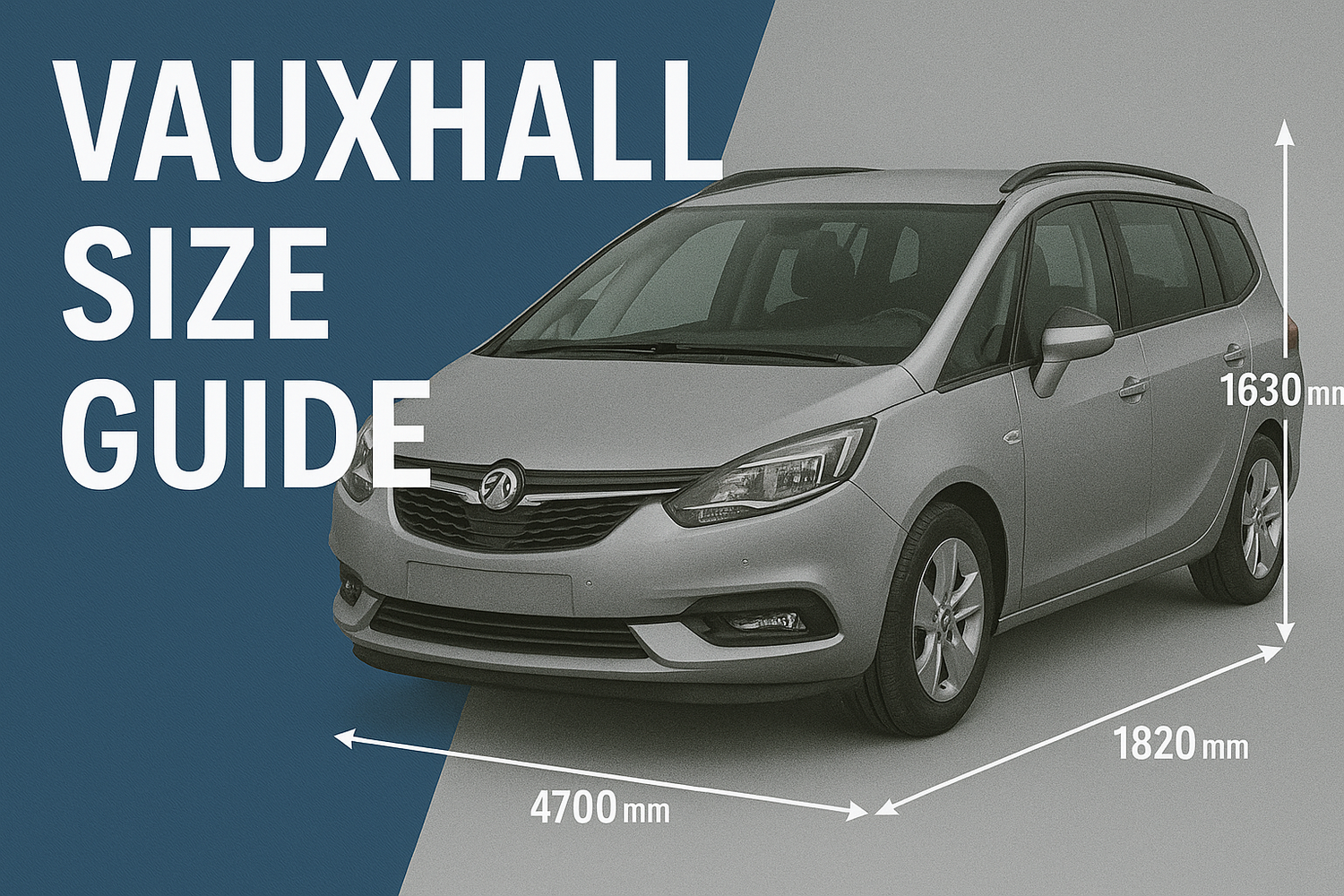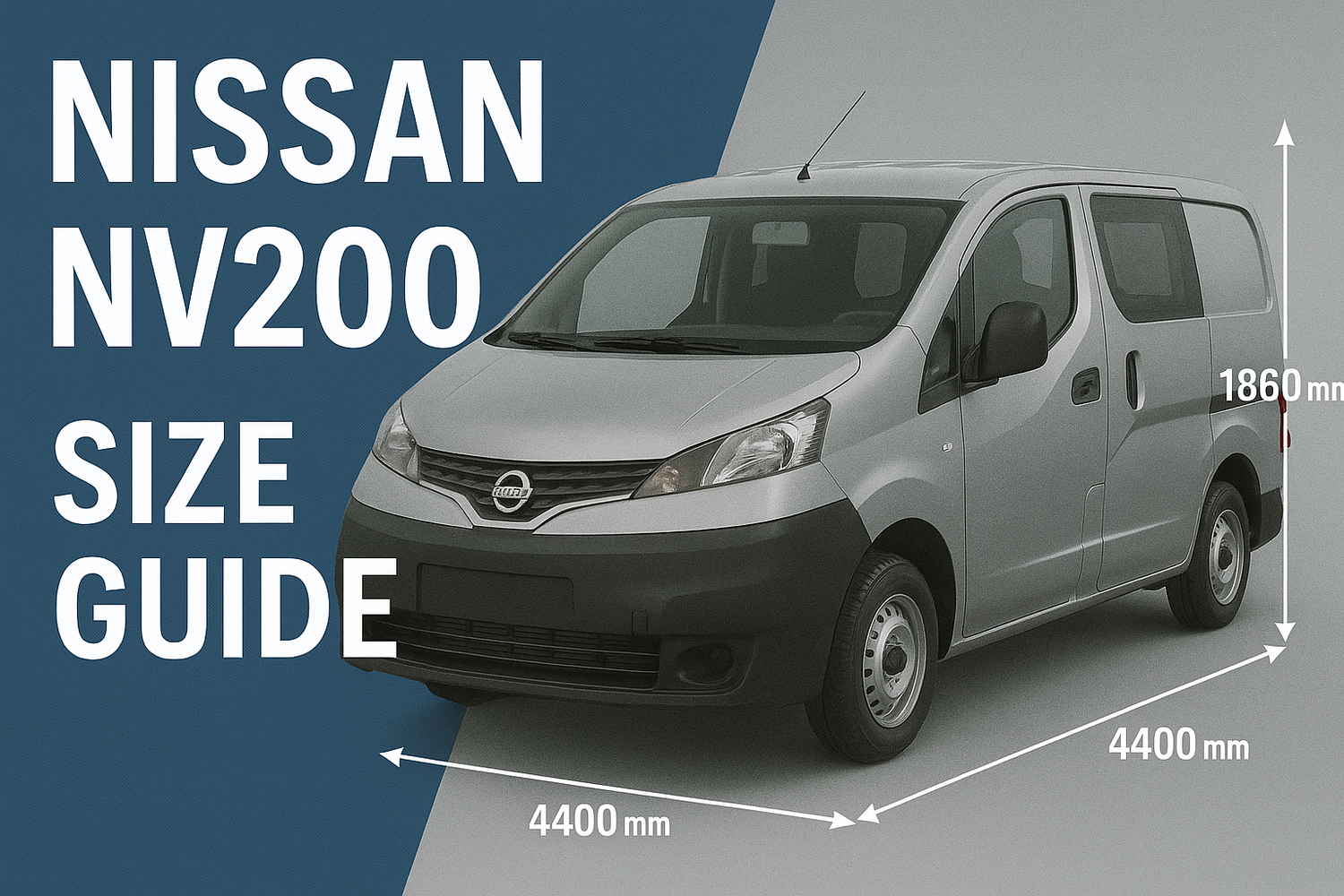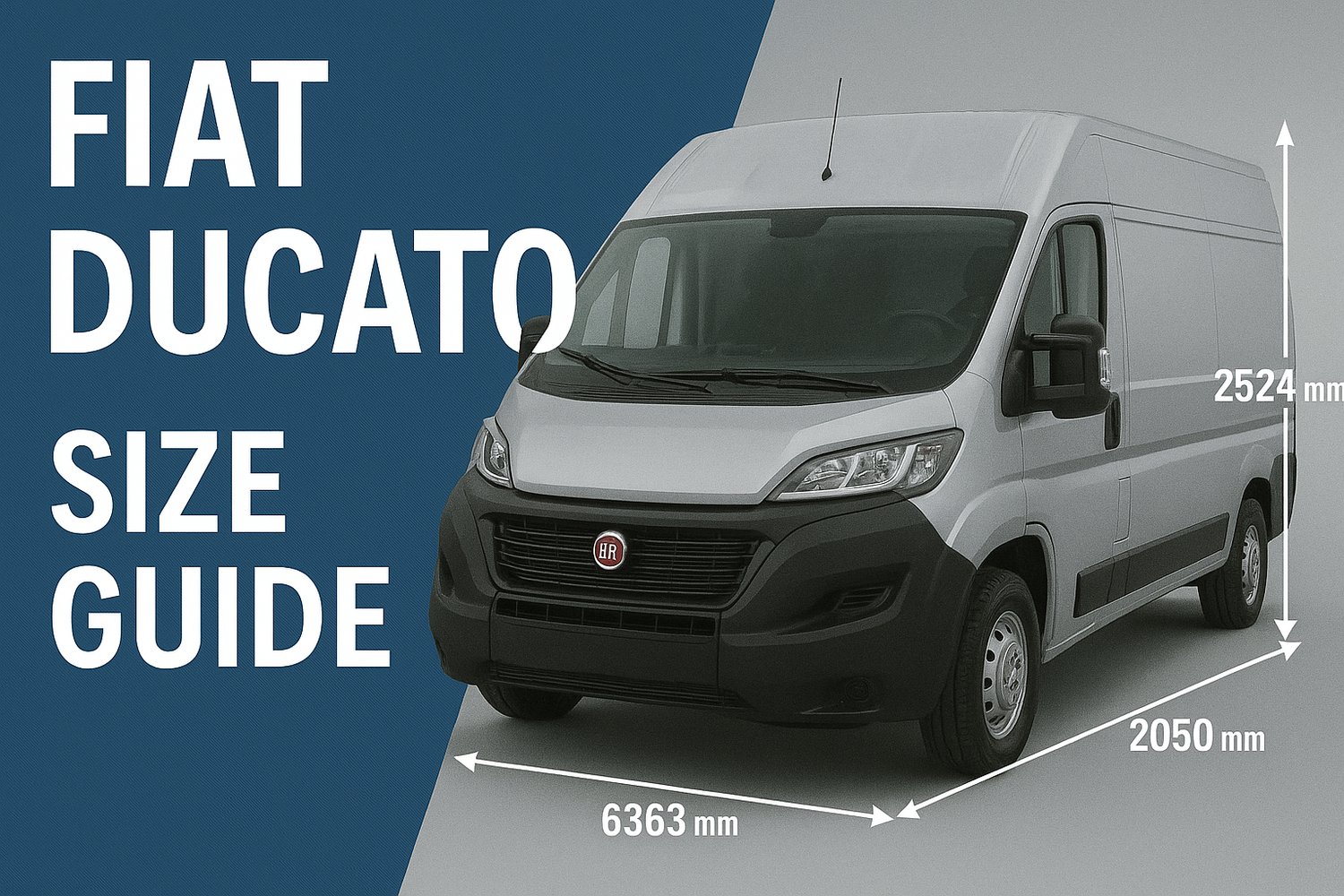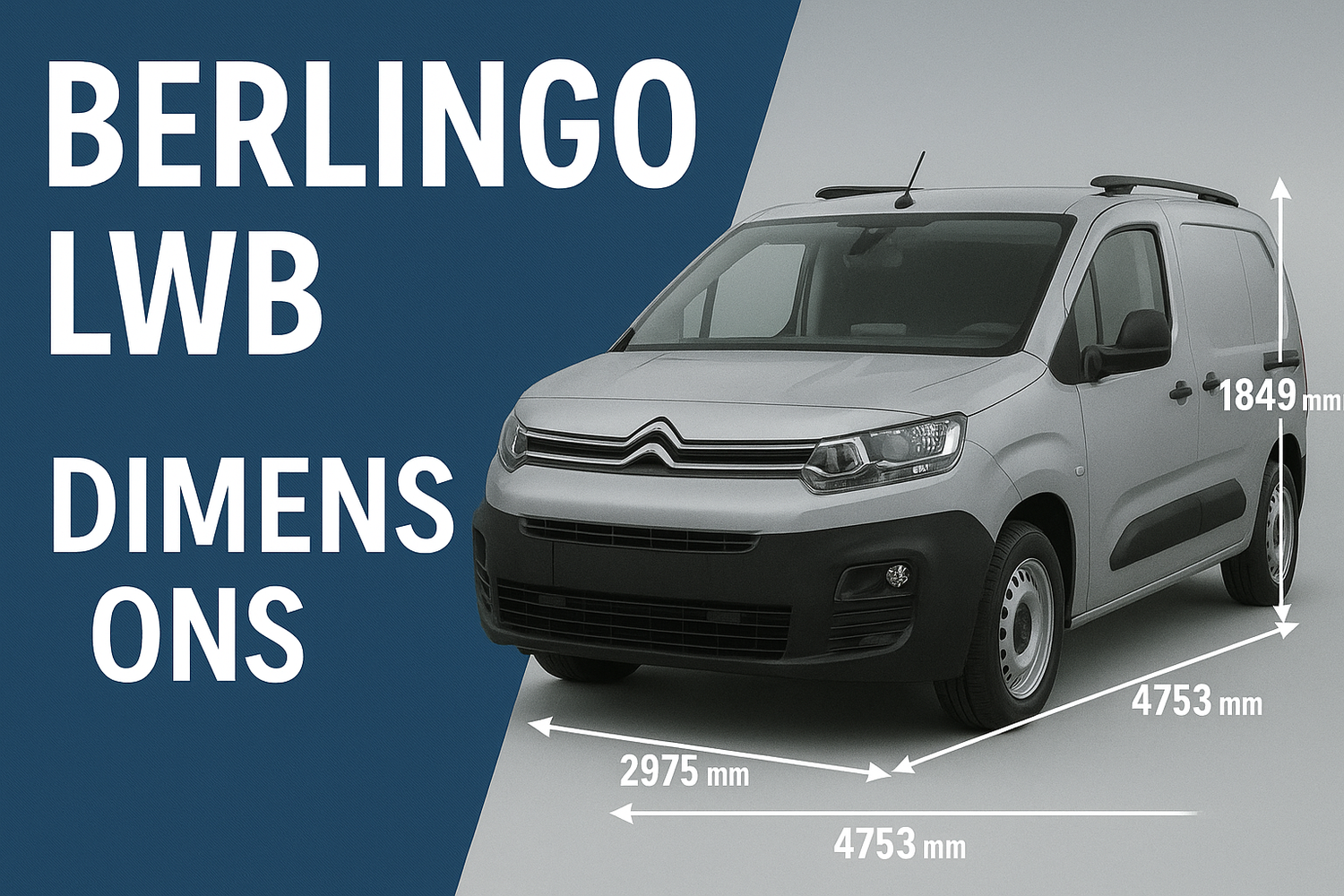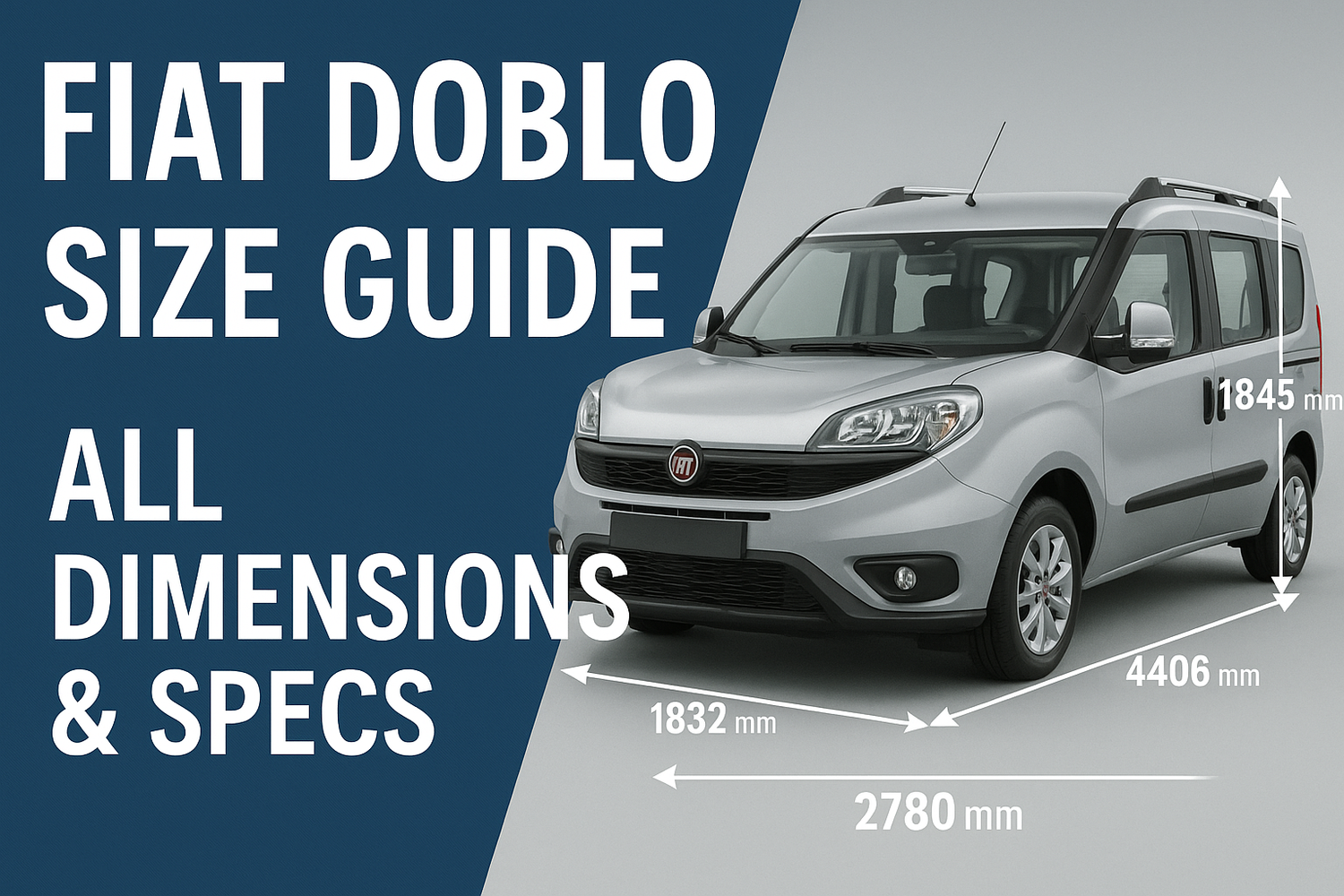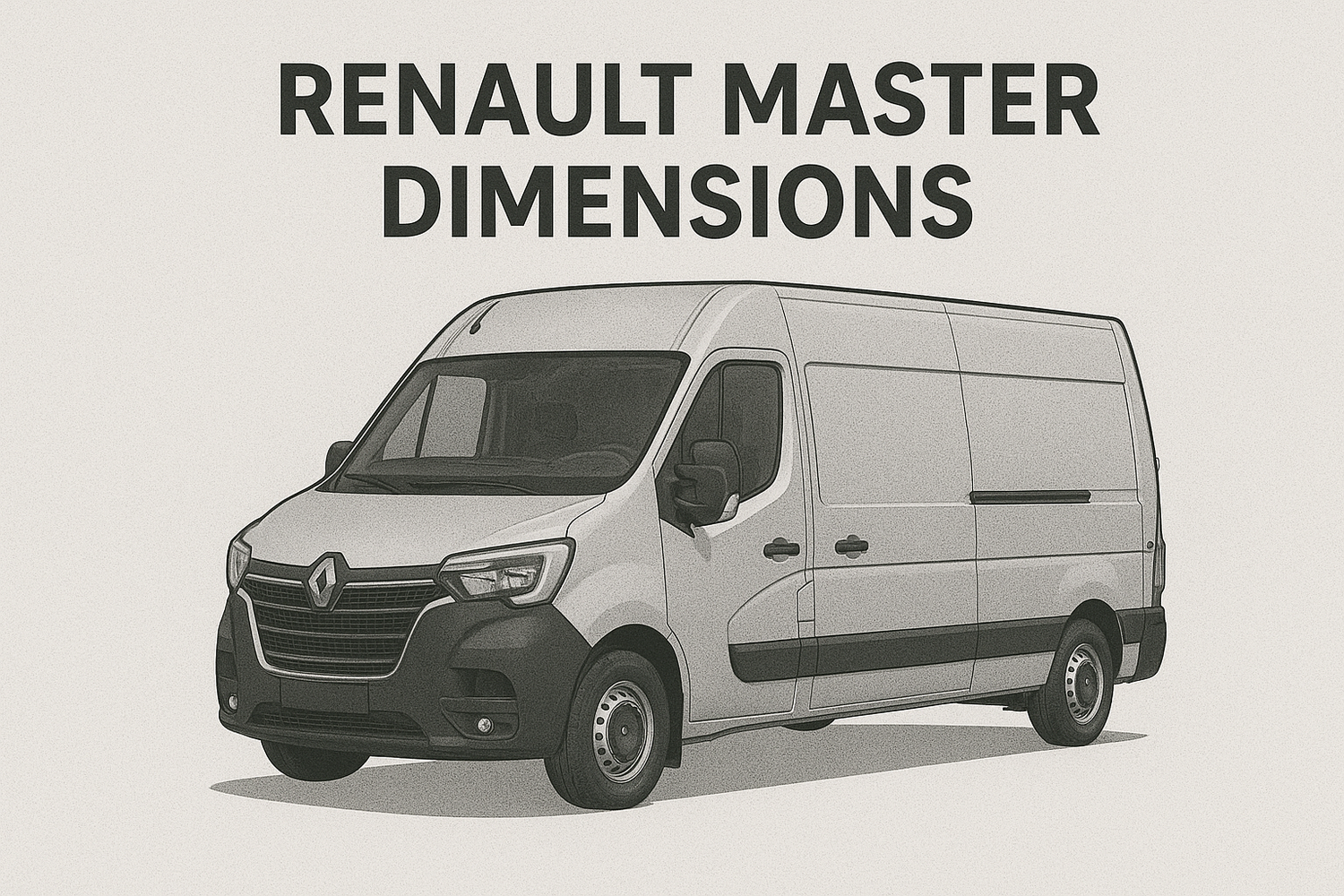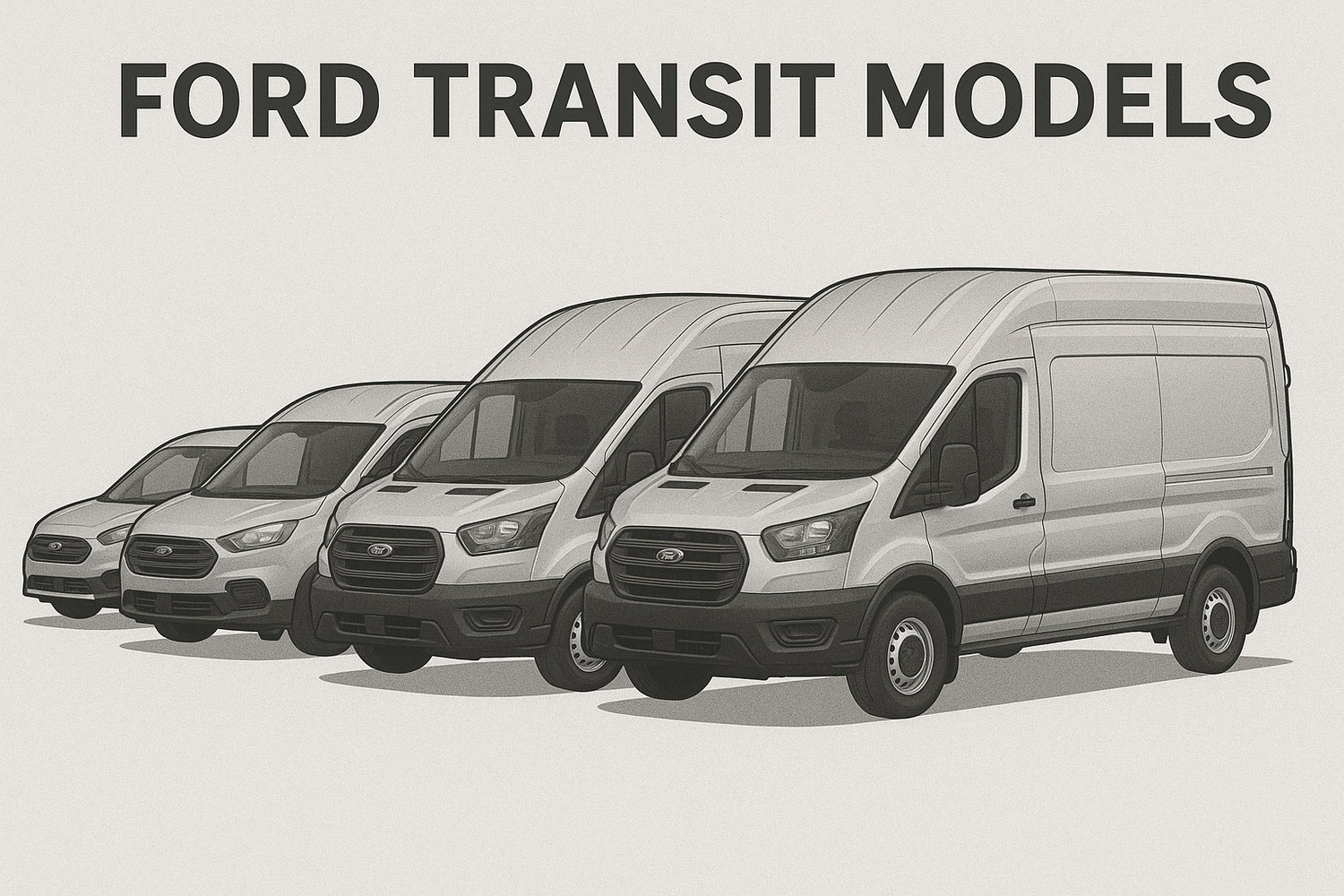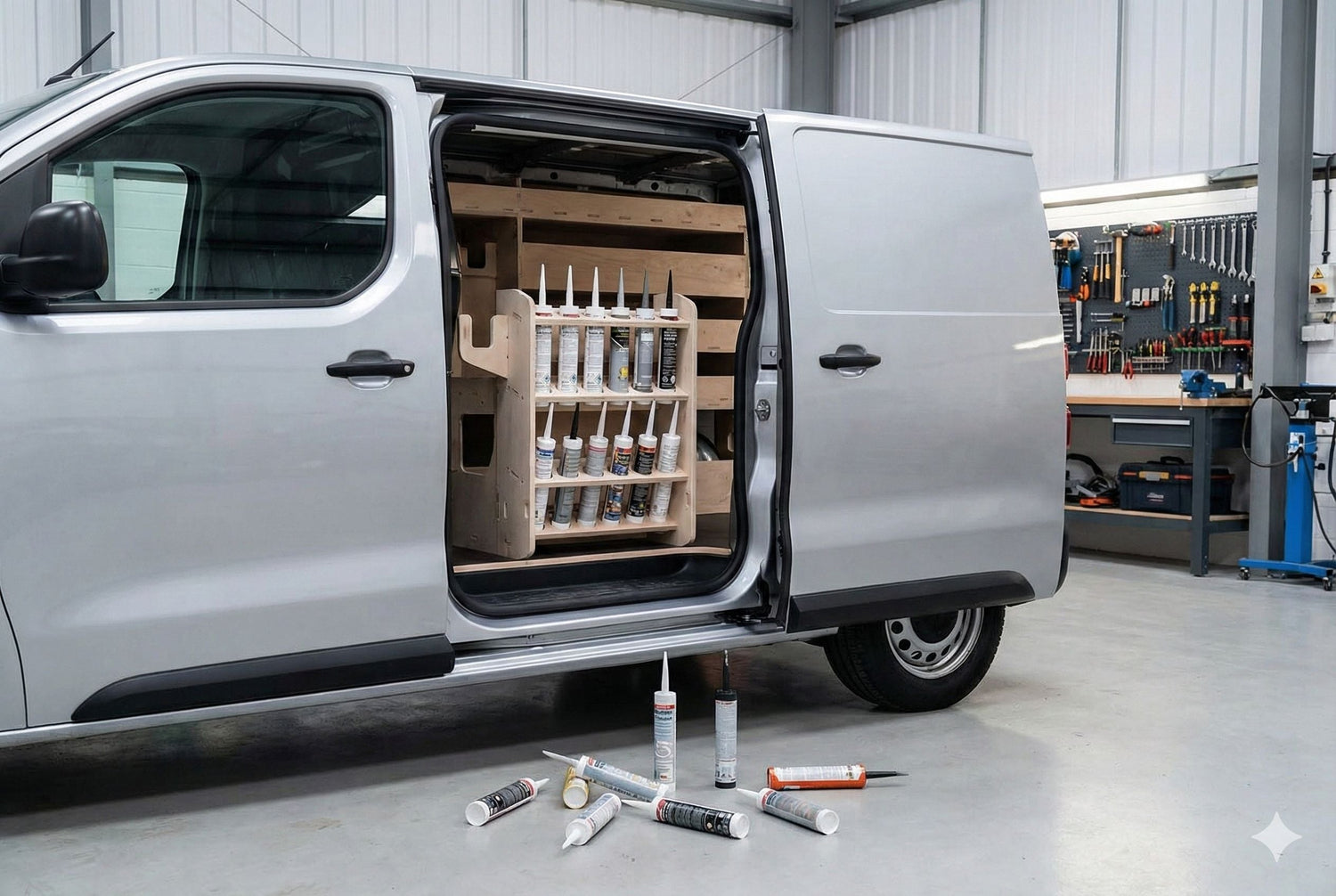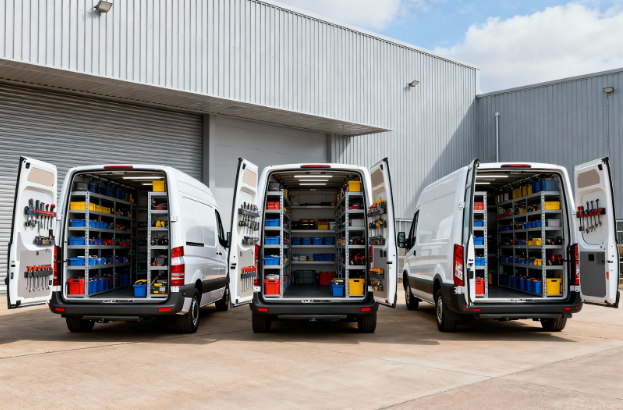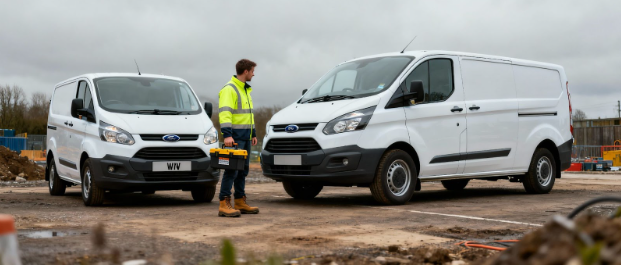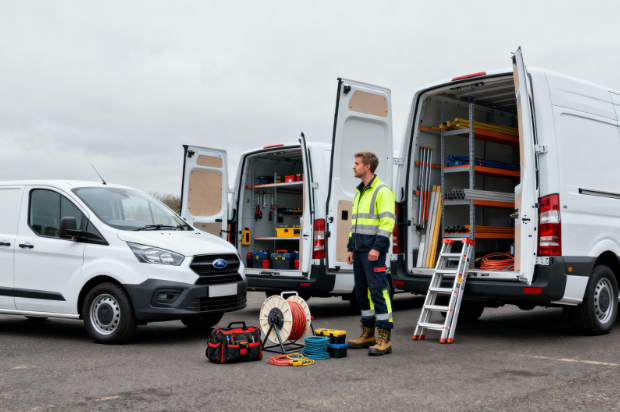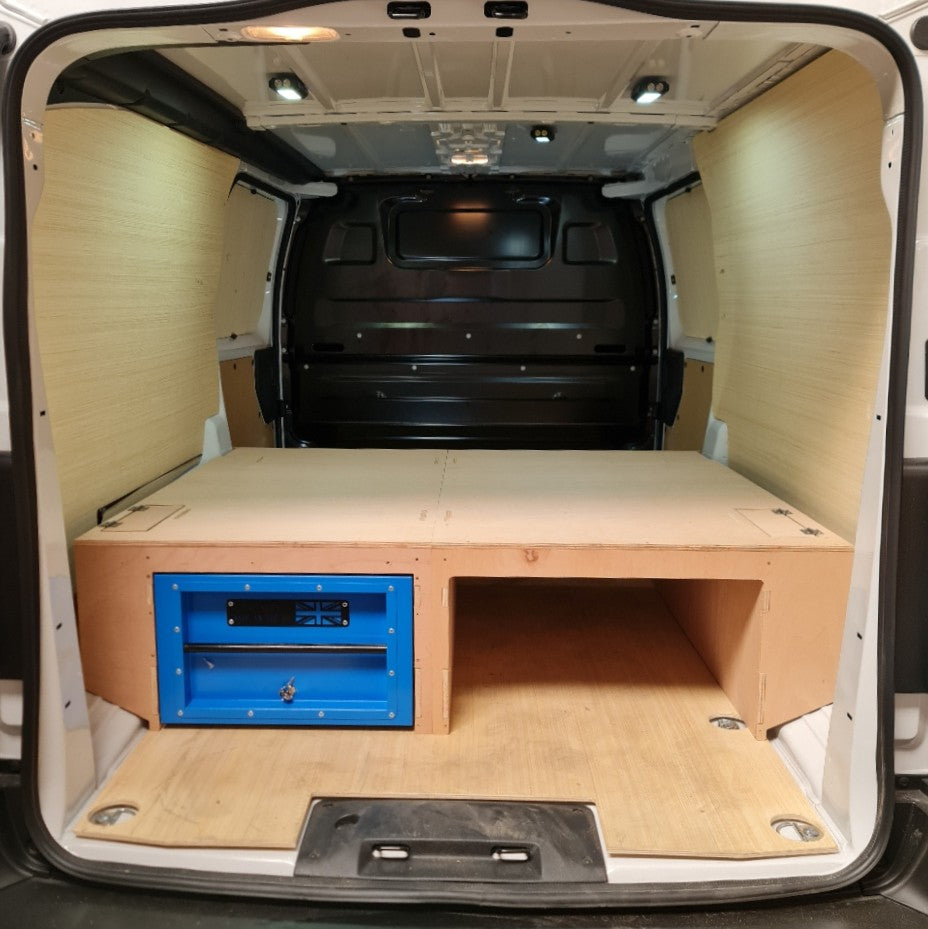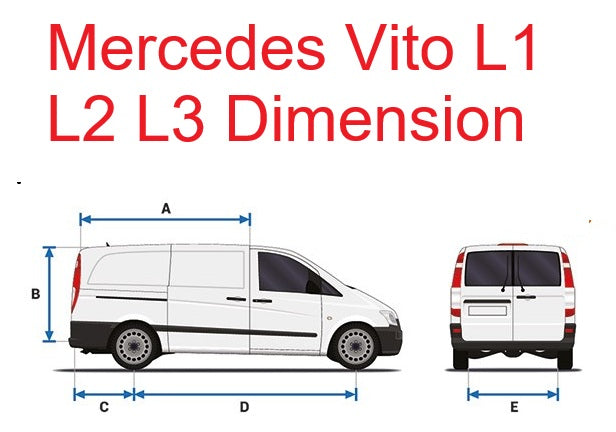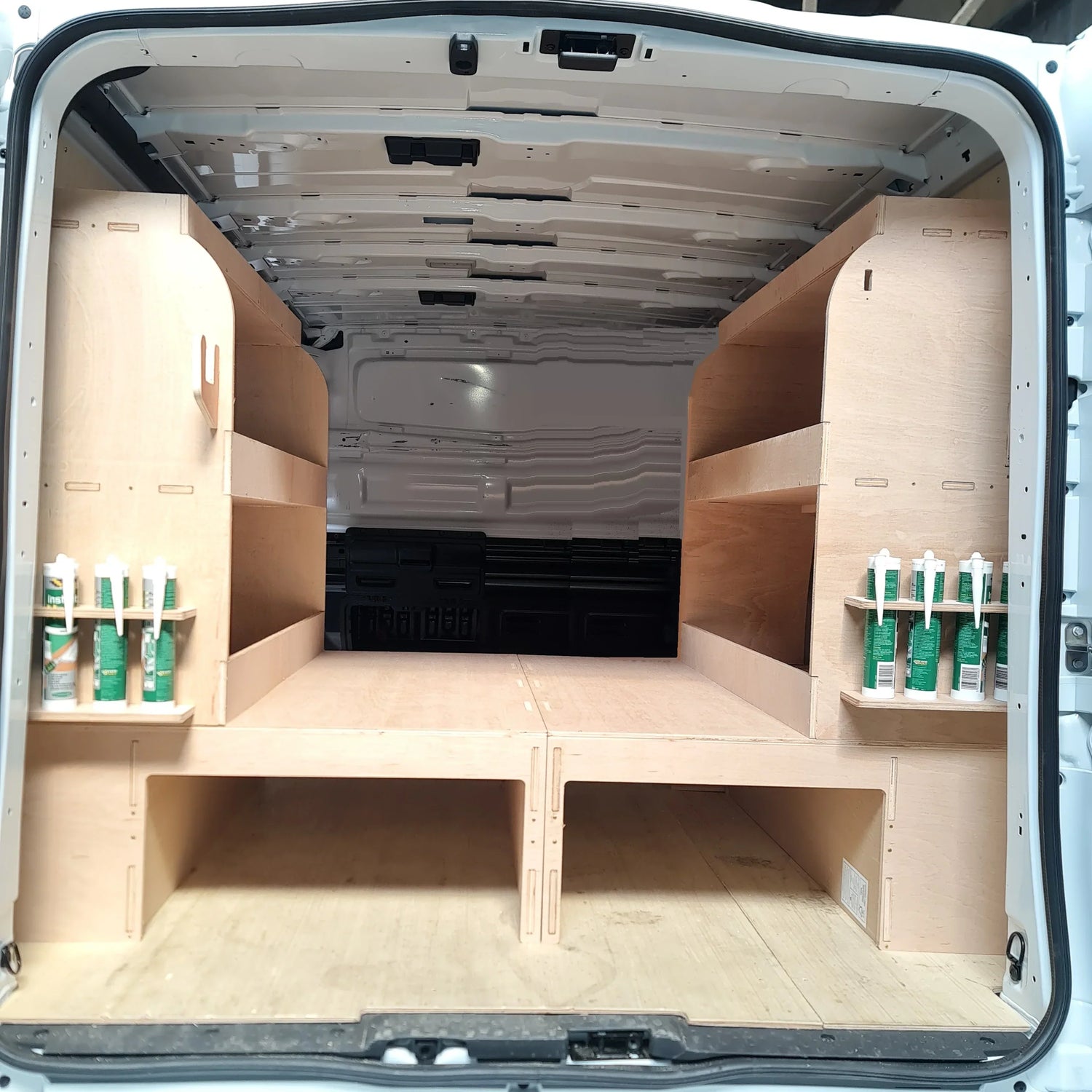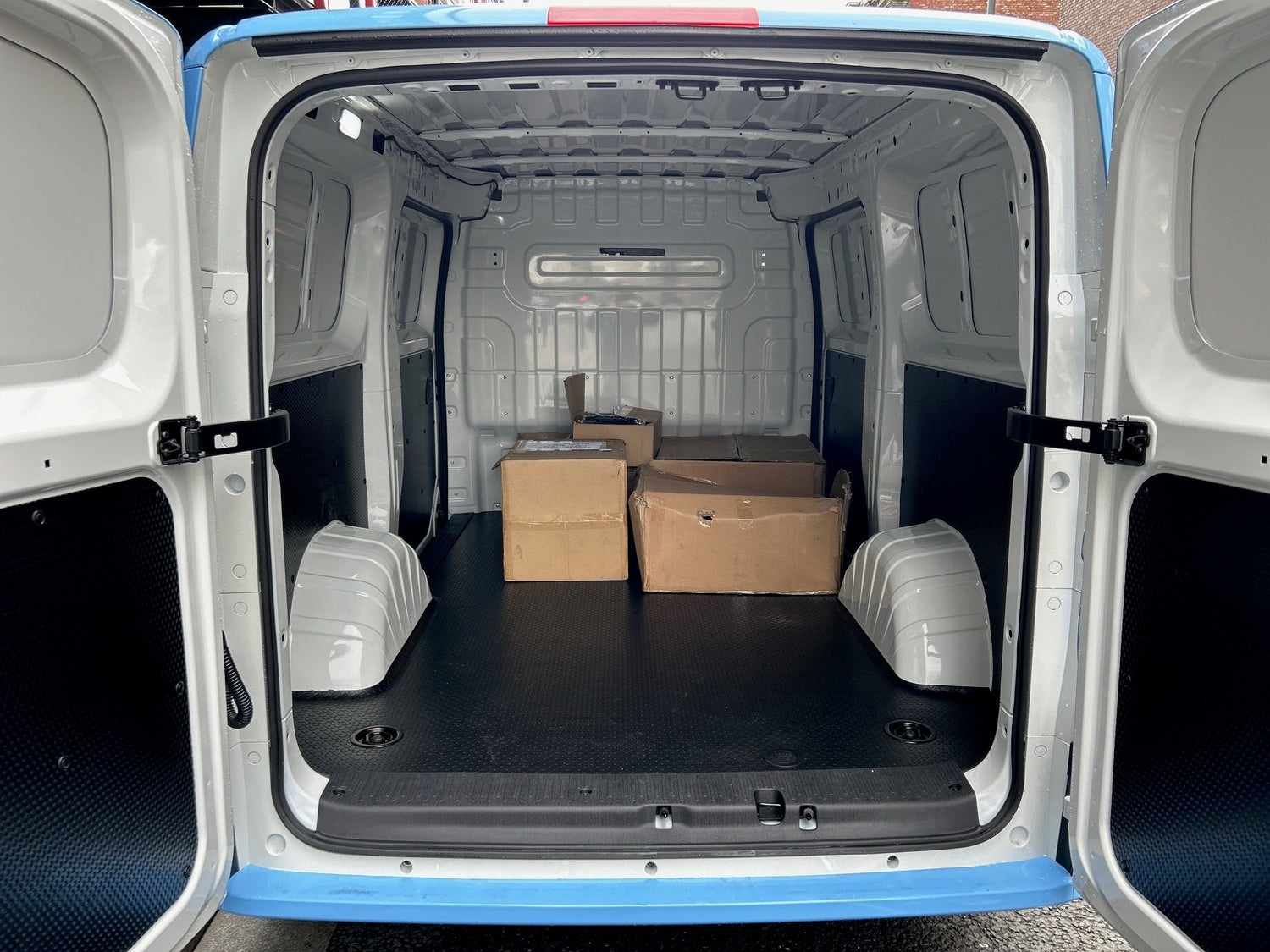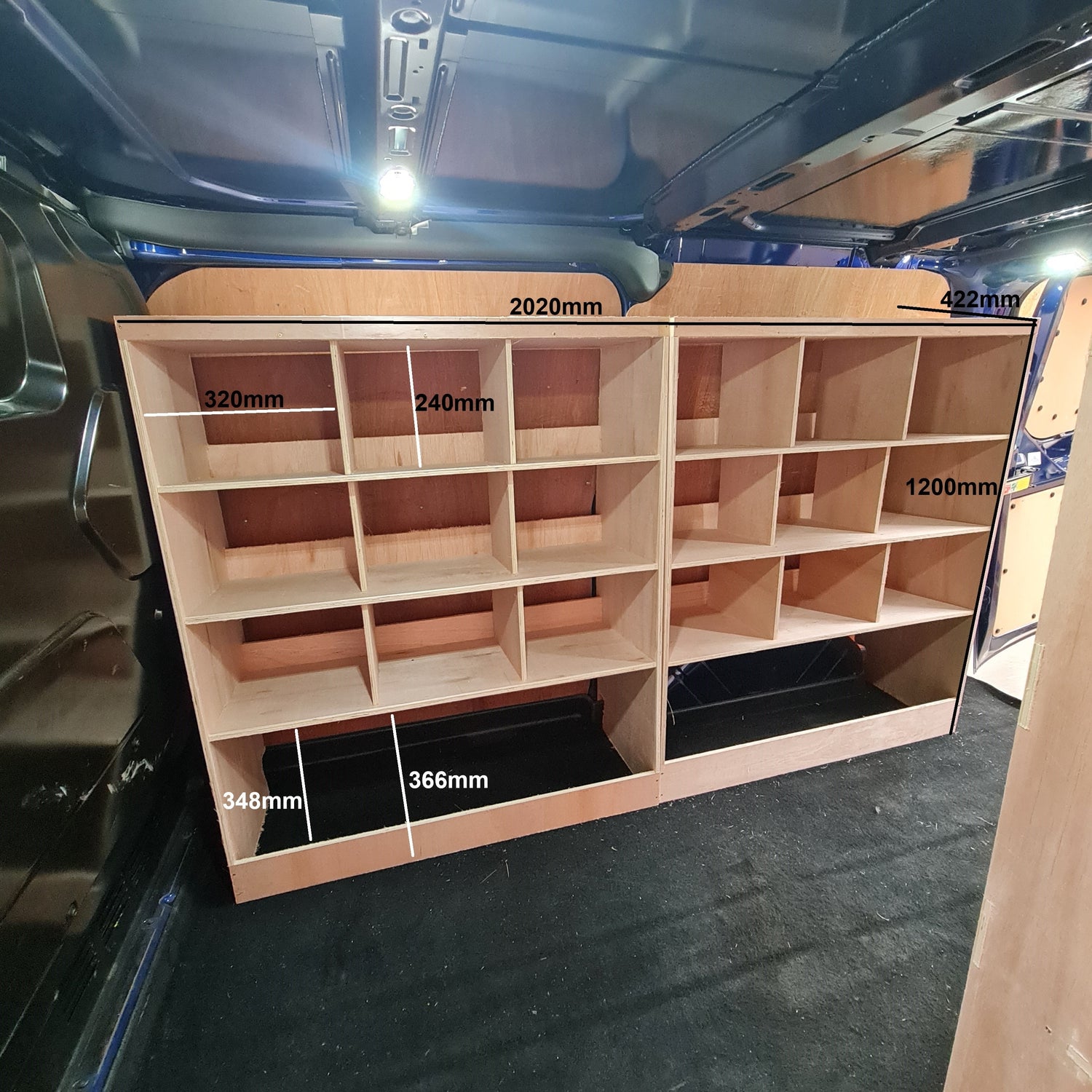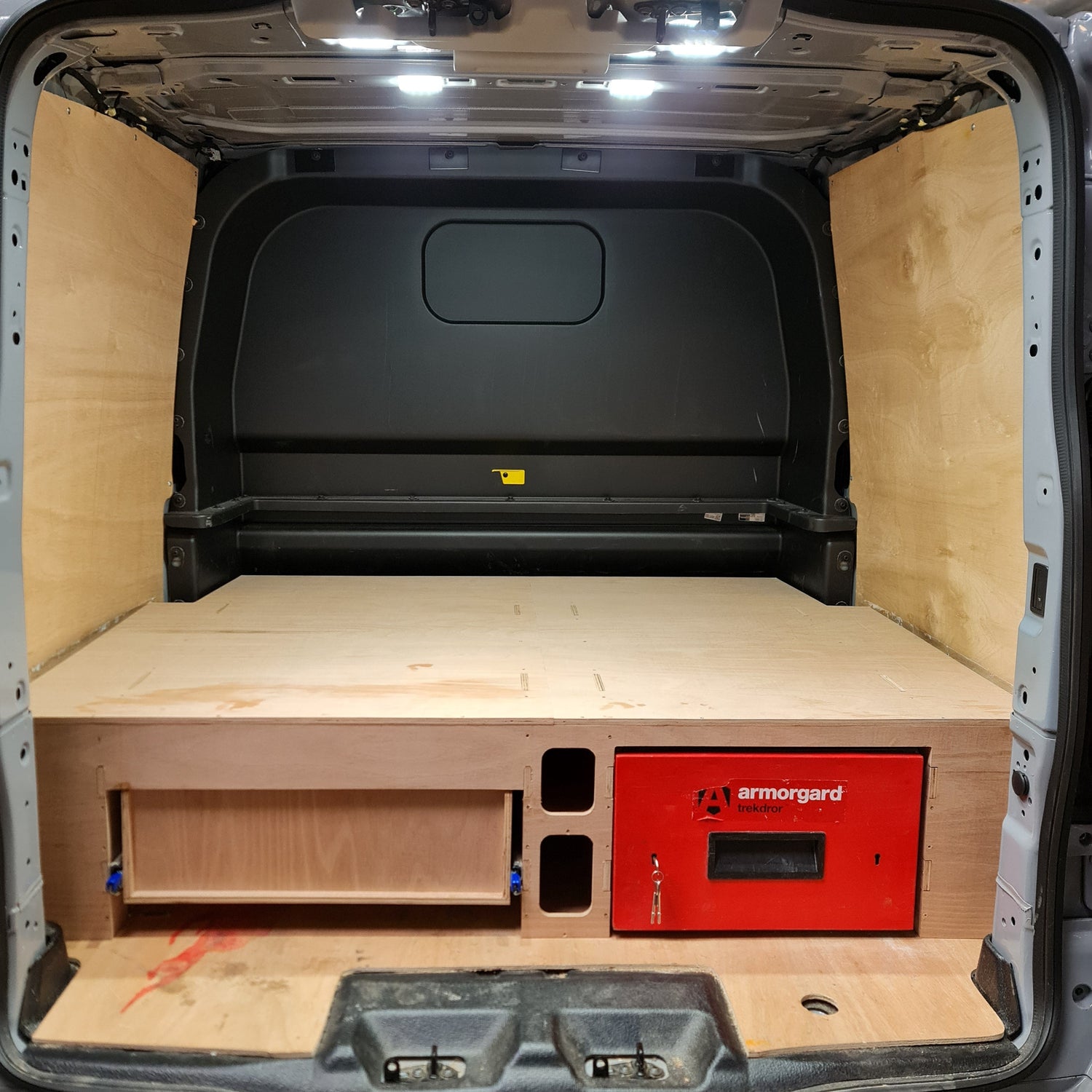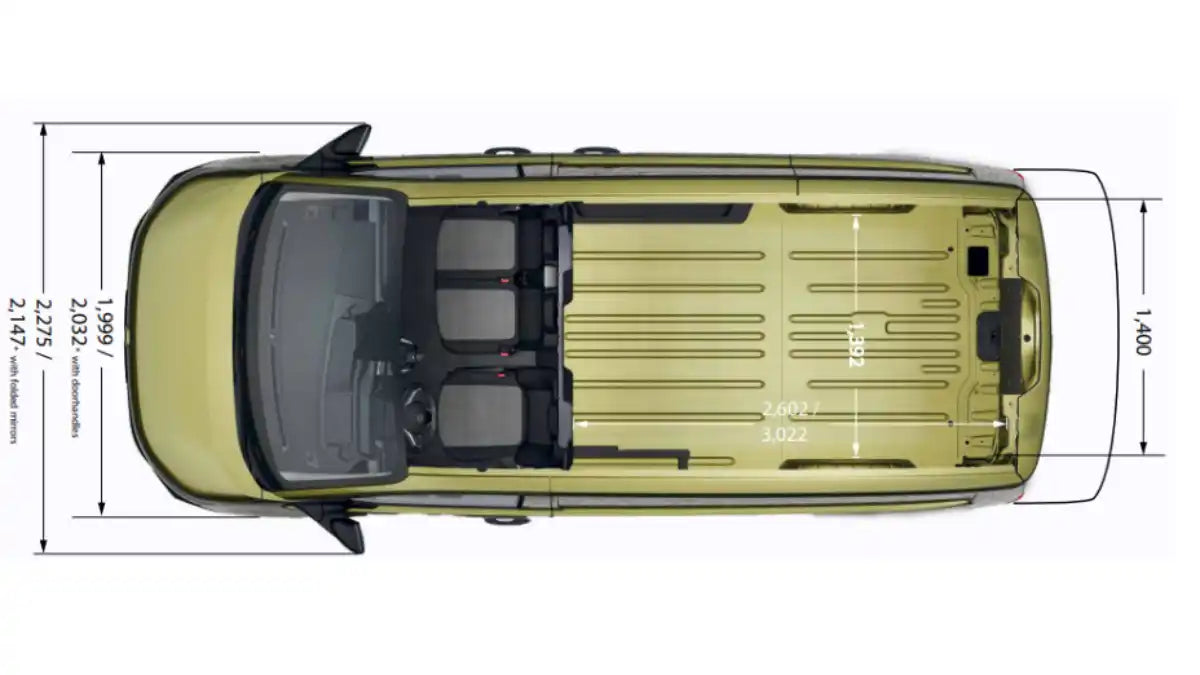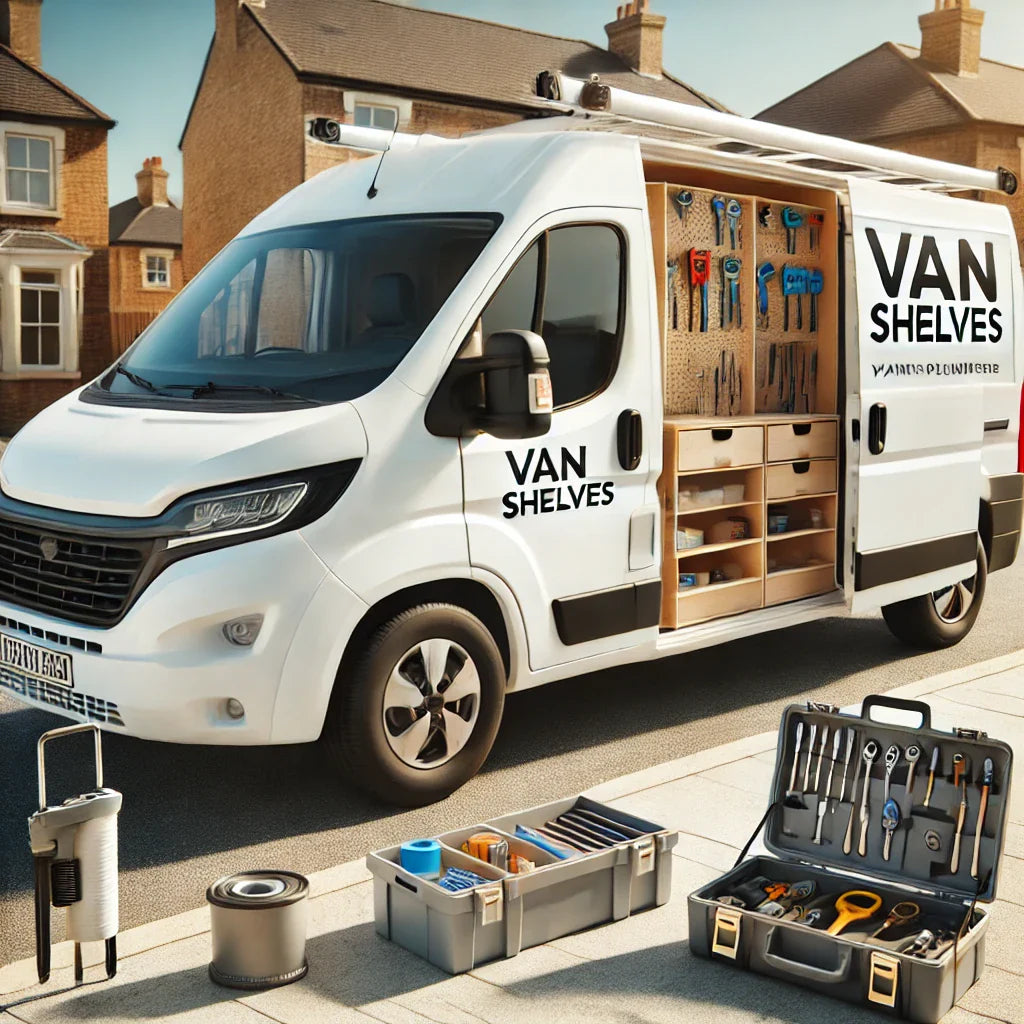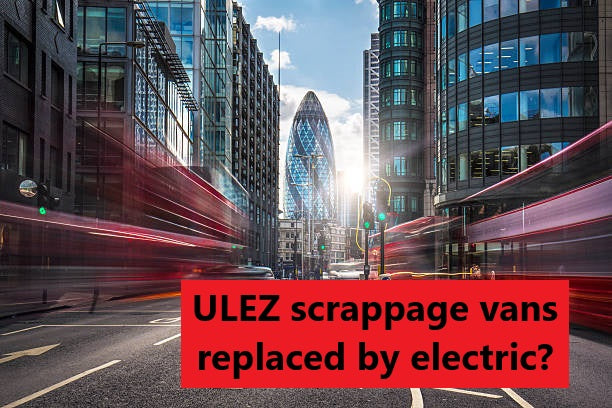Renault Trucks to offer Flexis electric vans marks a significant milestone in the journey toward sustainable urban logistics. As cities worldwide grapple with increasing pollution levels and traffic congestion, innovative solutions are critical for businesses that rely on transportation. The introduction of electric vans by Renault Trucks represents not just a shift in vehicle technology but also embodies a commitment to greener mobility. This article delves deep into the various facets of this exciting development, uncovering how it can transform logistics and transportation for countless enterprises.
Understanding the Shift Toward Electric Vehicles
The automotive industry is witnessing a sweeping change as electric vehicles (EVs) gain traction across various sectors. Renault's decision to introduce Flexis electric vans is indicative of this broader trend, driven by multiple factors ranging from environmental concerns to technological advancements.
The Environmental Imperative
The environmental impacts of traditional combustion engines have long been documented.
Air pollution from diesel and gasoline vehicles contributes significantly to health problems, including respiratory issues and cardiovascular diseases. By shifting to electric vans, companies can markedly reduce their carbon footprints, having a lasting positive effect on urban air quality.
Furthermore, electric vehicles produce zero tailpipe emissions, thereby contributing to cleaner streets and healthier communities. This aspect not only resonates with environmentally conscious consumers but also aligns with government regulations aimed at reducing greenhouse gas emissions.
Technological Advancements in EVs
The evolution of battery technology has played a pivotal role in making electric vehicles more appealing.
Modern batteries are now lighter, more efficient, and can store significant amounts of energy. This advancement allows electric vans like those from Renault Trucks to cover longer distances on a single charge, addressing one of the major concerns surrounding electric vehicle utilization: range anxiety.
Additionally, charging infrastructure has improved dramatically. Many cities are investing heavily in charging stations, transforming urban landscapes into more accommodating environments for electric vehicles. This growing network alleviates concerns about finding charging points, thereby enhancing the practicality of using electric vans for daily operations.
Economic Considerations
As electric vehicles become more mainstream, the economics of running an electric van fleet are becoming increasingly favorable.
While the initial cost of acquiring an electric van might be higher than its petrol or diesel counterpart, total ownership costs often tell a different story. Lower maintenance expenses, reduced fuel costs, and possible government incentives significantly decrease the overall financial burden associated with operating electric fleets.
Moreover, businesses focused on sustainability may find that they attract customers who value environmentally friendly practices, potentially opening new revenue streams.
The Features of Flexis Electric Vans
Renault Trucks' Flexis electric vans are poised to set a new standard in the electric vehicle market. Designed with urban logistics in mind, these vans incorporate specific features that enhance efficiency, usability, and eco-friendliness.
Versatile Design for Urban Environments
Flexis electric vans boast a design tailored to navigate busy city streets effectively.
With compact dimensions and excellent maneuverability, these vans can easily navigate tight spaces often found in urban settings. This characteristic is particularly advantageous for last-mile delivery services, where accessibility is crucial.
Additionally, the use of lightweight materials in construction ensures optimal performance while minimizing energy consumption. A well-engineered balance between form and function allows these vans to carry significant loads without compromising efficiency.
Advanced Technology Integration
The integration of smart technology in Flexis electric vans enhances operational efficiency and driver experience.
These vans come equipped with state-of-the-art navigation systems that provide real-time traffic updates. By optimizing routes based on current conditions, businesses can minimize delays, ensuring timely deliveries.
Furthermore, telematics systems allow fleet managers to monitor vehicle health, track performance metrics, and analyze usage patterns. Such data-driven insights facilitate proactive maintenance, maximizing uptime and reducing unforeseen breakdowns.
Safety Features and Driver Assistance Systems
Safety is paramount, especially when navigating through densely populated urban areas.
Flexis electric vans incorporate advanced safety technologies designed to protect both drivers and pedestrians. Features such as automatic emergency braking, lane departure warning, and 360-degree cameras enhance situational awareness, reducing the likelihood of accidents.
Moreover, these vans often include driver assistance systems that help operators manage their vehicles more efficiently. Such features contribute to safer driving habits and promote a culture of responsibility among drivers.
The Impact on Urban Logistics and Transportation
The introduction of Renault Trucks' Flexis electric vans holds the potential to revolutionize urban logistics. Businesses that adopt these vehicles can expect to see substantial improvements across various operational metrics.
Reducing Traffic Congestion
Traffic congestion remains a persistent issue in cities around the globe.
By transitioning to electric vans, companies can contribute to alleviating some of the strain on urban road networks. Electric vehicles typically operate more quietly than traditional combustion engines, which encourages more pedestrian activity in urban areas.
Moreover, initiatives promoting the use of electric vans for deliveries can lead to dedicated lanes or time slots, further streamlining logistics while reducing overall congestion.
Enhancing Delivery Efficiency
Flexible and sustainable delivery models are becoming increasingly important for businesses aiming to stay competitive.
The operational efficiency offered by Flexis electric vans allows businesses to optimize their logistics strategies. With improved route planning capabilities and faster loading times enabled by innovative designs, deliveries can occur quicker and more reliably.
This newfound agility in logistics operations translates into increased customer satisfaction and loyalty—two vital components in today’s competitive marketplace.
Supporting Local Economies
Electric vans also have the potential to bolster local economies.
By utilizing locally sourced renewable energy for charging, companies can support regional energy providers while reducing reliance on fossil fuels. Additionally, the use of electric vans for deliveries creates job opportunities in various sectors—from logistics and fleet management to vehicle maintenance and charging infrastructure development.
Communities that embrace electric van technology can cultivate a thriving ecosystem centered around sustainability, innovation, and economic resilience.
Overcoming Challenges in Transitioning to Electric Vans
While the transition to electric vans presents numerous advantages, there are also challenges that businesses must navigate to successfully implement this shift.
Addressing Range Anxiety
One of the primary concerns when adopting electric vehicles is range anxiety, particularly for businesses that require extensive travel.
To combat this issue, companies must conduct a comprehensive analysis of their operational needs. Implementing effective route management strategies helps ensure that electric vans remain within their operational range.
Investing in additional charging infrastructure can alleviate concerns about running out of power during routes. Companies can establish partnerships with charging service providers to create a seamless experience for drivers, enabling them to recharge quickly and conveniently.
Navigating Initial Costs
Despite the long-term cost savings associated with electric vans, the initial investment can be daunting for many companies.
Organizations should explore financing options, grants, or tax incentives available for businesses transitioning to electric fleets. Collaborating with governments or non-profit organizations can help offset upfront costs while simultaneously supporting sustainability initiatives.
Additionally, conducting a thorough cost-benefit analysis will enable businesses to project potential savings over time, reinforcing the rationale behind the switch to electric vans.
Training and Education
Implementing new technology often necessitates a cultural shift within organizations.
Training programs focused on electric vehicle operation, charging protocols, and maintenance practices are essential to ensure successful adoption. Employees should be educated about the benefits of electric vans to foster enthusiasm and engagement across all levels of the company.
Encouraging open dialogue and feedback from drivers can also help identify potential barriers early, leading to smoother transitions and enhanced employee satisfaction.
Conclusion
Renault Trucks to offer Flexis electric vans is not just a response to evolving market demands; it's a bold declaration of intent toward a more sustainable future. As cities evolve and the need for eco-friendly transport solutions intensifies, these electric vans stand at the forefront, promising transformative changes in urban logistics.
Through their versatile design, advanced technology, and tangible environmental benefits, these vehicles provide a compelling case for businesses to rethink their logistics strategies. While challenges exist, the roadmap to overcoming them is clear, underscoring the importance of strategic planning, education, and community collaboration.
As we look ahead, it becomes evident that embracing electric vans like the Flexis from Renault Trucks will not only reshape transportation but also foster healthier, more vibrant urban environments for generations to come.

